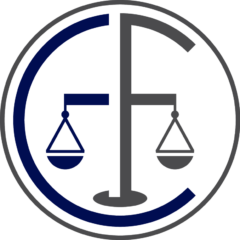In the past 24 hours, one of the major headlines across the spectrum of news organizations was that approximately 6,000 inmates are to be released early from their sentences. While this step may provide some hope about the dismal mass incarceration problem in the United States, that hope is minuscule and at this point, ill conceived. But, a step is a step, no matter how small.
This story relates strictly to federal inmates convicted of non-violent crimes. All of the inmates in this release wave were convicted of low level drug related crimes that most were scheduled to be released in around 18 months anyways. The average length of incarceration for this population was 9 years – for low level non-violent drug crimes. Likely crimes that would have qualified for probation or minimal prison time in a state court. Further, about 30% of those being released are non-US citizens, so they are being automatically deported.
The BBC states in their story that “up to 46,000 of the nation’s about 100,000 drug offenders could qualify for early release.” This statement is misleading in a number of ways. First, there are drastically more than 100,000 individuals serving active prison time in the United States for drug crimes. The 100,000 figure refers only to federal inmates. One estimate puts the total figure of those incarcerated at both the state and federal level for drug crimes at around 500,000. Second, that statement makes it seem that half of the drug related prison population is potentially eligible for early release, when in reality, it’s closer to 10%. And this for people that have already served 9 years of their lives behind bars.
Why is this reform not rapidly expanding to state level offenders?
This activity is the result of US Attorney General Eric Holder dropping mandatory minimum sentences for non-violent drug offenders following the realization that mandatory minimum sentences and the resulting mass incarceration has not been effective. Imagine that. And here’s the problem – dropping the mandatory minimums isn’t enough. At the federal level, penalties for drug crimes are far more punitive than those at the state level (which are too punitive as well). So while we may be decreasing the length of prison terms for non-violent drug offenders, we’re still talking about prison terms, rather than some sort of rehabilitative sentence.
This exemplifies the problem of reactive criminal justice rather than proactive avoidance as well as decriminalization of certain things that frankly shouldn’t be crimes. Is the reform that’s truly needed going to come any time soon? Doubtful, but every step counts.


